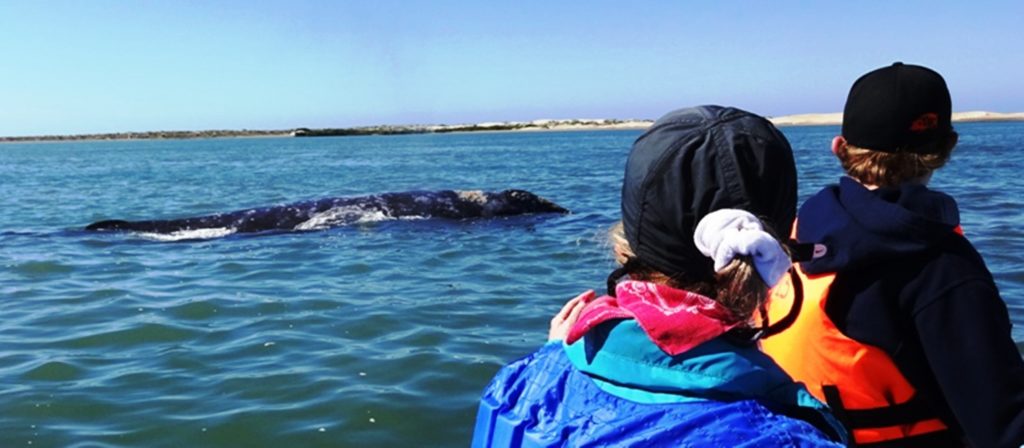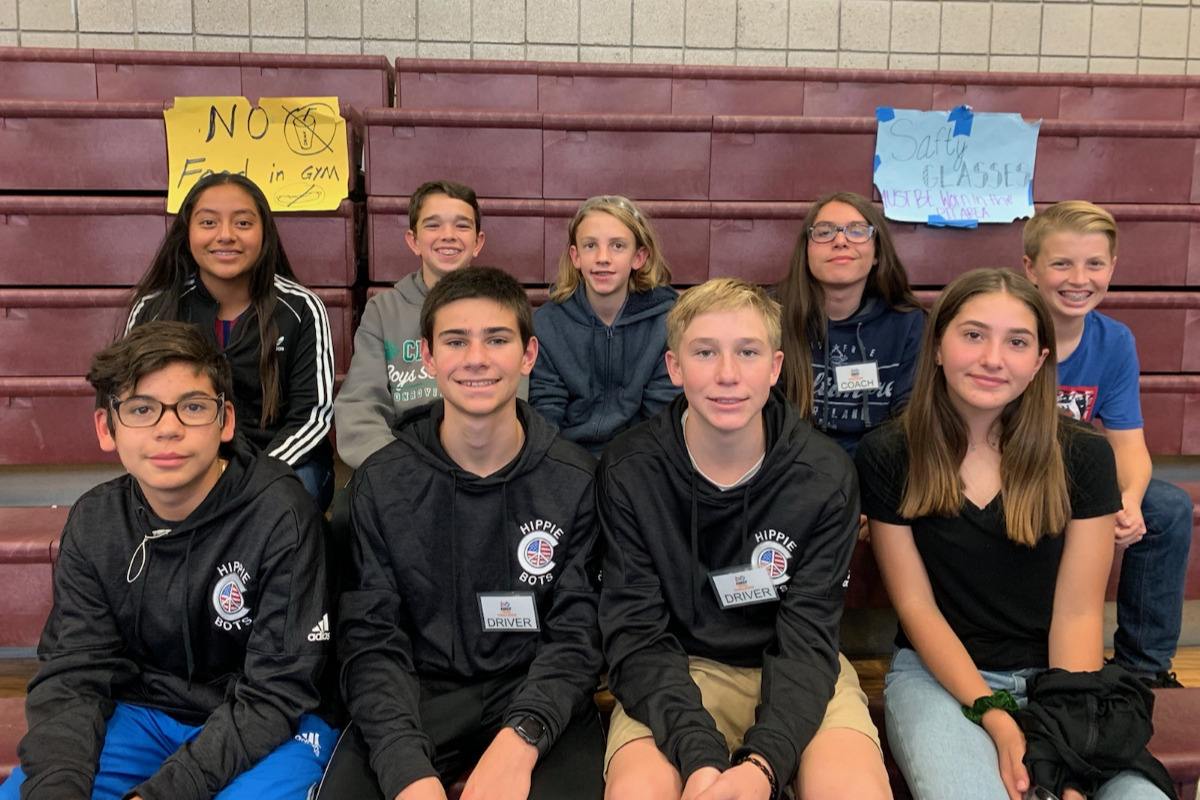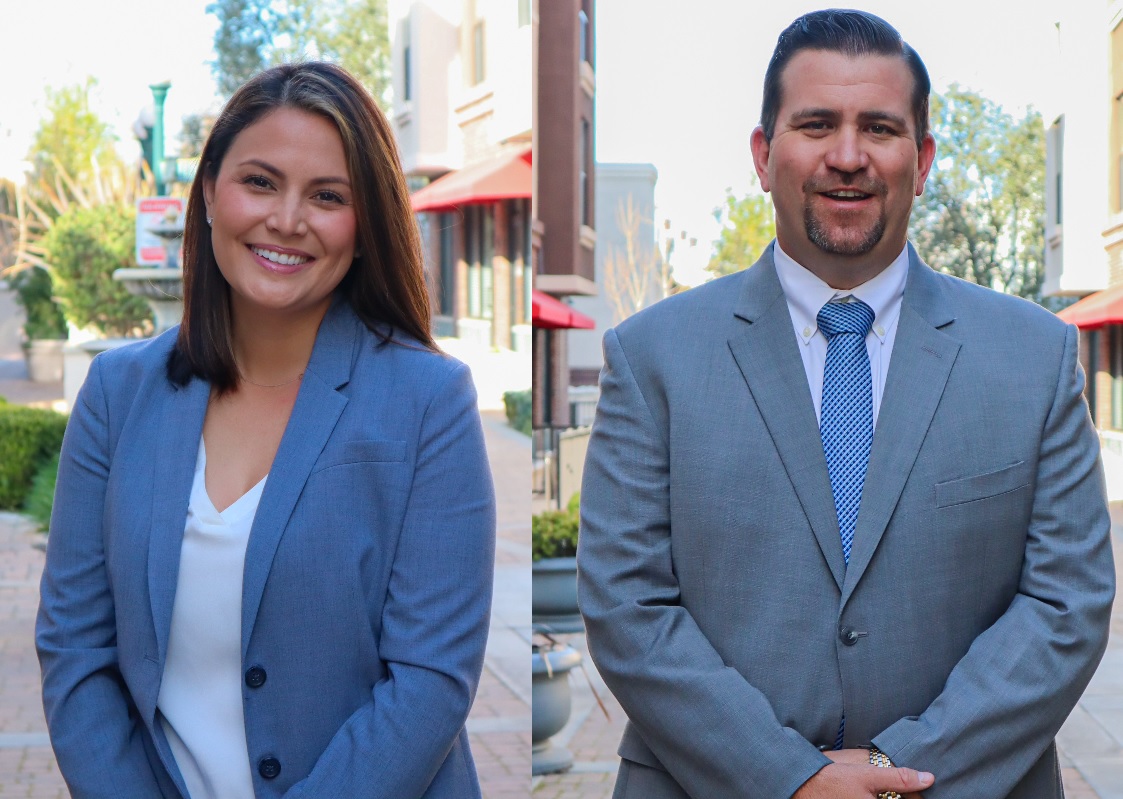
Reverend George Godfrey Bailey was a good man. His main focus was on Monrovia’s children. Councilmember Larry Spicer remembers his mentor fondly, “He always told the youth that no matter what he was doing, he would stop everything to help because we were his number one priority.” On the 115th anniversary of his birth, we remember G.G. Bailey.
Bailey was Monrovia’s Second Baptist Church’s 13th pastor. Monrovia’s Second Baptist Church (SBC) was founded in 1902 by a group of 13 African Americans at the home of Pinkie and Willie Watkins on Maple Avenue. Today, SBC on Shamrock Avenue continues to serve a primarily African American congregation with several young families.
Reverend Bailey did not have an easy childhood himself. Bailey was one of nine children of a family from Bastrop, La. This was cotton country on the western edge of a Louisiana swamp. Today, it is a town of 11,000 that’s 73% African American with a median household income of $21,000. Young Bailey was small in stature, but had a large thirst for knowledge. He attended Moorhouse Parish Training School in Bastrop and Arkansas Baptist College, an HBCU. He worked as a dining car waiter, a butler, a janitor, an insurance salesperson, and a chef. At 29 years old, he decided to head to California — on foot.
When he came to pastor SBC in Monrovia during World War II, there were 117 names on the membership list, $200 in the treasury, and an indebtedness of $1,100. Bailey turned things around. In the post-War period, the church membership grew exponentially and the physical infrastructure of the church grew exponentially. The Baileys lived in Monrovia and were active in its Red Cross, Job Resources Education Center, Human Relations Committee, Monrovia Ministerial Association, as well as the Western Baptist State Convention.

George and Eva Bailey at 925 S. Shamrock Ave. in 1970s. – Courtesy photo / Jessica Valentine 
George and Eva Bailey at 925 S. Shamrock Ave. in 1970s. – Courtesy photo / Jessica Valentine
Bailey was so invested in children. Betty Fisher Thomas said about growing up in 1950s Monrovia: “Reverend Bailey had the patience of Job. He literally helped raised us as he was there day and night. A lot of the [African American] mothers were domestic servants, and they were working hard. Many of them listed Reverend Bailey as the emergency contact for their children. Mrs. Eva Bailey was hospitality itself.” Many of the children would swing by the church five to seven days a week.
Councilmember Larry Spicer remembers that when he was 13, “Reverend Bailey used to walk with the kids on my block to church on Sunday mornings. We always knew when he was coming because we could hear the sound of his shoes popping as he came down the street. He walked with his jacket thrown behind his shoulder and as he approached us, he would give each of the kids a ‘Good Morning’ hug. Together we all headed to Second Baptist Church. Along the way we would make a quick stop at his brother-in-law, Earl Newton’s house, so he could join us on the walk to church. Mr. Newton would always bring all the kids bags of candy for the walk.”

When race riots broke out at Monrovia High in the 1960s, Bailey was there every day to try and restore harmony. And in 1971, when 13-year old Mark Edward Allen was found dead, it was Reverend Bailey who wept at the sight of the body in the basement of the Monrovia Police Department. Allen, a student at Clifton, had been arrested for allegedly shoplifting earlier that day. James Mikell said, “Reverend Bailey saw the marks on [Allen’s] neck and he began to cry. There were fingermark bruises on his neck, as if [the boy] had been choked.”
Reverend Bailey did not live in simple times; the 1950-60s were a tumultuous period of race relations in Monrovia — and all of America. But Bailey had a simple goal: do good, especially for children. His formula works.






